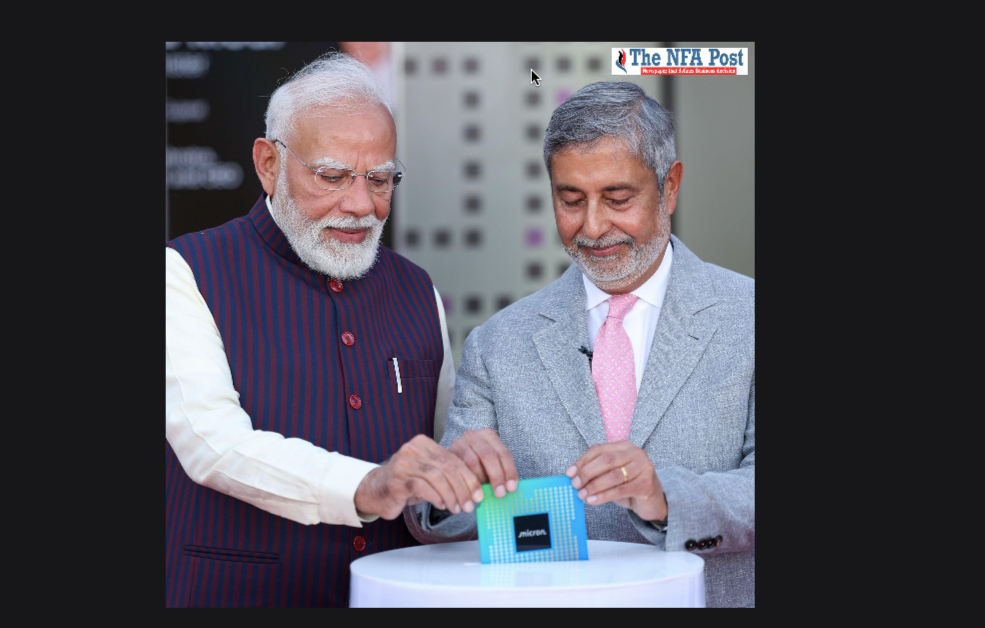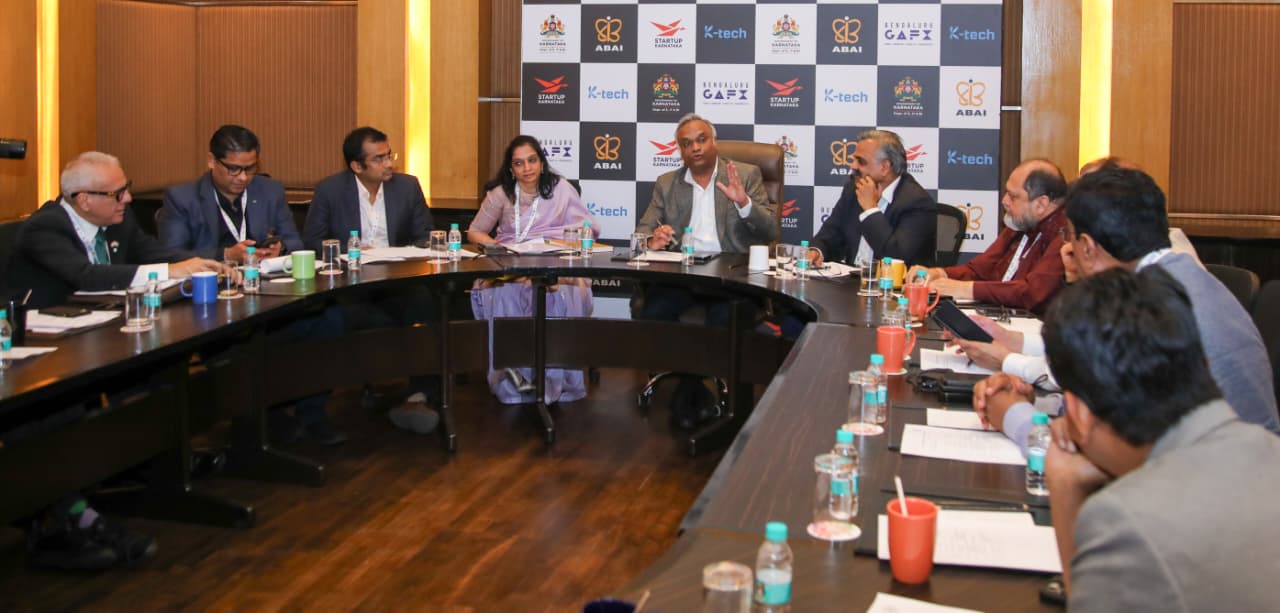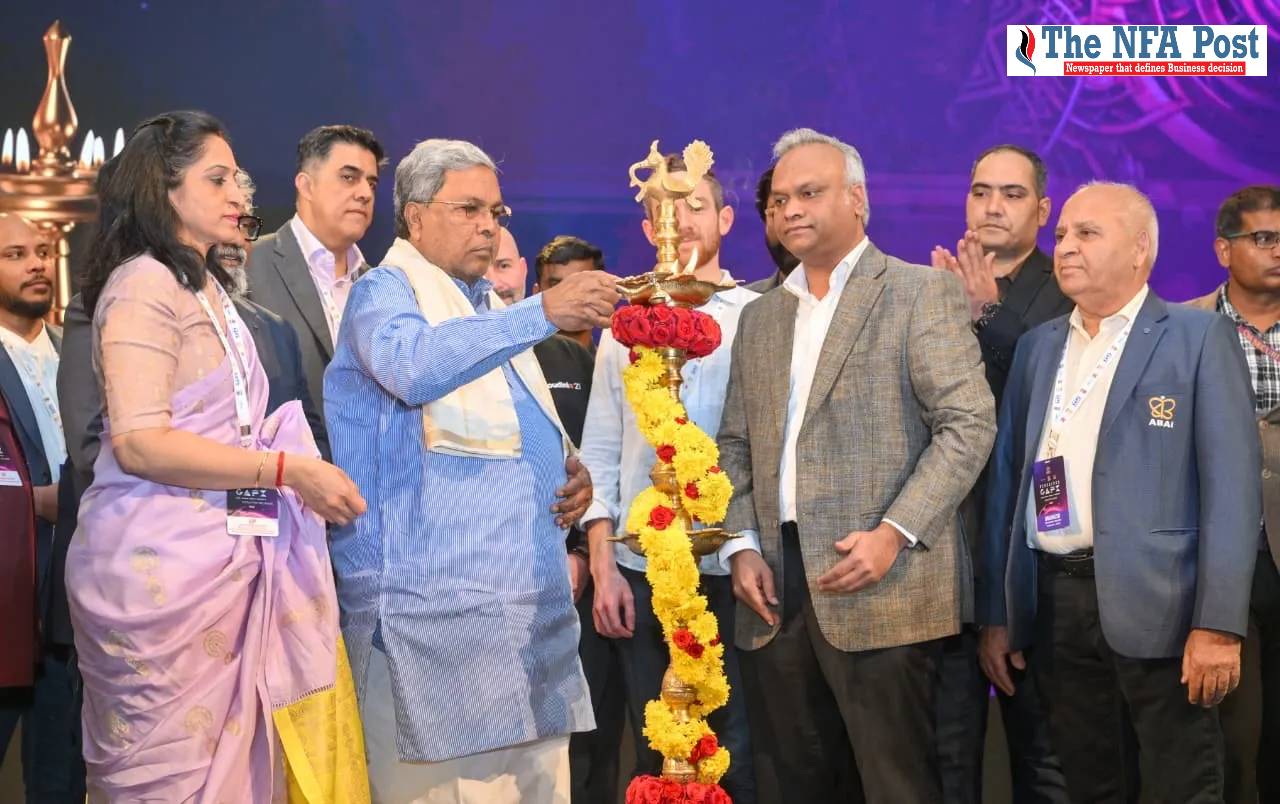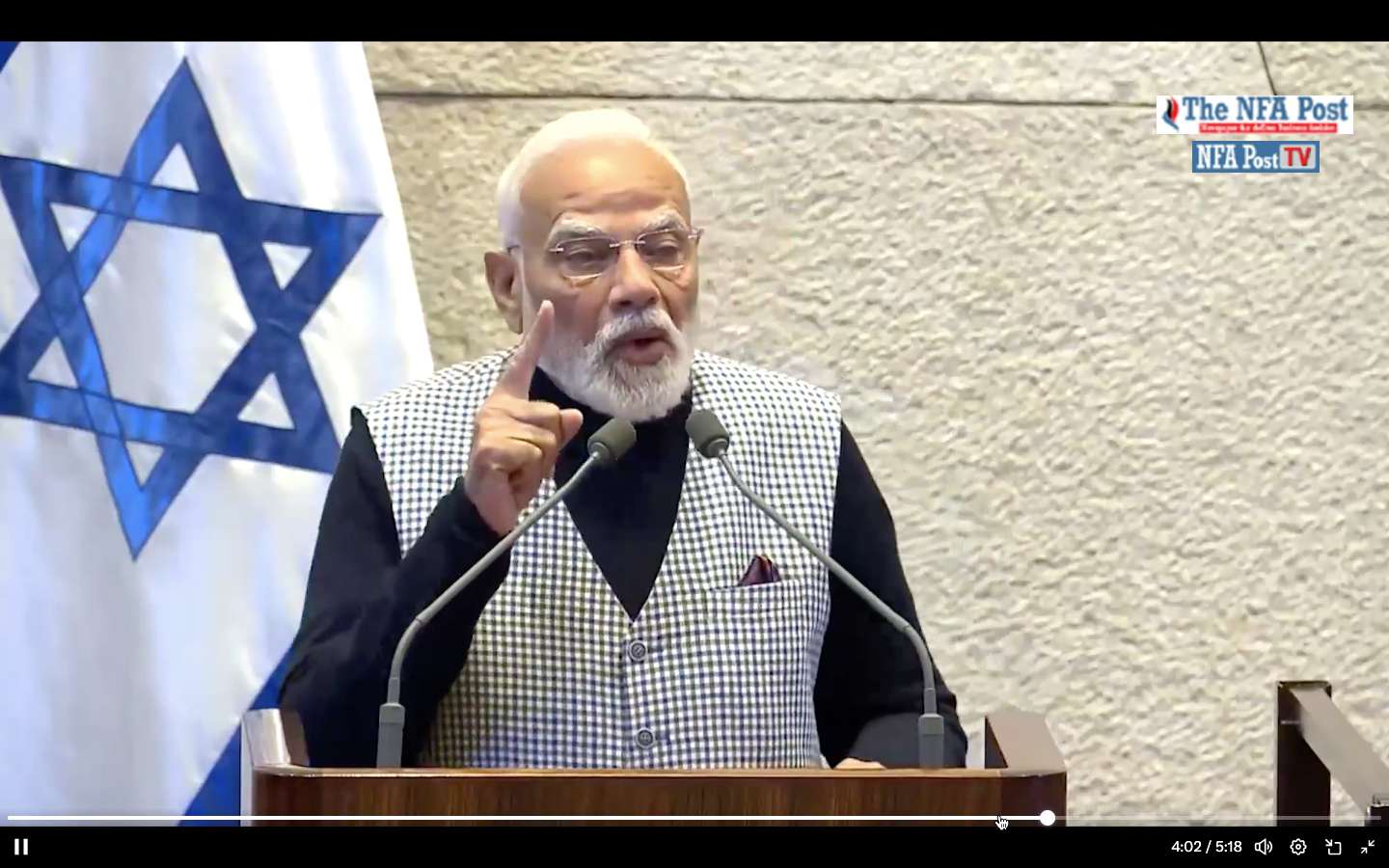B D Narayankar
As I sit down to reflect on the life of S.M. Krishna, I find myself overwhelmed by a mix of emotions. His journey wasn’t just one of political milestones—it was a story of resilience, vision, and an unwavering commitment to progress. For me, he wasn’t merely a leader; he was a symbol of grace and determination, a statesman whose every step was a lesson in perseverance.
I think back to the trials he faced as Karnataka’s Chief Minister. The severe droughts that cracked the state’s soil, the relentless Cauvery dispute that tested his diplomacy, and the shocking abduction of Dr. Rajkumar by Veerappan—each of these would have shaken the most seasoned of leaders. But Krishna, with his calm demeanour and quiet strength, stood firm. He didn’t just address these crises; he absorbed the pain of the people, made it his own, and emerged with solutions that balanced compassion with pragmatism.
What moves me deeply is how he bore his personal tragedies with the same quiet fortitude. The loss of his son-in-law, V.G. Siddharth, a man he loved dearly, was a blow that could have broken anyone. But Krishna carried that grief with dignity, showing us all that strength isn’t about hiding sorrow—it’s about enduring it with grace.
When I walk through Bengaluru today, I see his legacy everywhere. He dreamed of a city that could rival the best in the world, and he made it happen. “Brand Bengaluru” wasn’t just an idea; it was his gift to a generation striving for innovation and excellence. But what I admire even more is how he never let the shine of the city overshadow the needs of rural Karnataka. His initiatives—reviving water bodies, providing health insurance to the underserved, digitising land records—were proof of his inclusive vision.

Beyond politics, Krishna was a man of culture and refinement. I remember his love for tennis, how he found solace on the court amidst the pressures of governance. I think of his passion for classical music, the way he sought peace in the melodies of legends like M.S. Subbulakshmi and Bhimsen Joshi. These weren’t just hobbies; they were windows into a soul that valued balance, beauty, and introspection.
I often wonder about the impact of his time in the United States as a young Fulbright Scholar. He spoke of being inspired by John F. Kennedy, and I could see that influence in the way he connected with people—with warmth, humility, and a belief in equality. Even as he climbed the political ladder, he carried that global outlook, blending it seamlessly with the roots of his humble beginnings in Somanahalli.
In his later years, when he chose to step back from active politics, I saw a man at peace with his legacy. His decisions may have stirred debate, but they never tarnished the respect he commanded. He was, and always will be, a leader who transcended party lines, someone whose vision was larger than politics itself.
As I write this, I feel a deep sense of loss, but also immense gratitude. S.M. Krishna’s life was a testament to the power of resilience, the importance of vision, and the beauty of grace under pressure. He taught me, and countless others, that leadership isn’t just about power—it’s about service, humility, and the courage to dream of a better tomorrow.
Though he is no longer with us, his spirit remains. In every innovation that emerges from Bengaluru, in every farmer who benefits from his rural initiatives, and in every life he touched, Krishna lives on. I will always carry his lessons with me, cherishing the legacy of a man who showed us all what it means to lead with heart and purpose.















